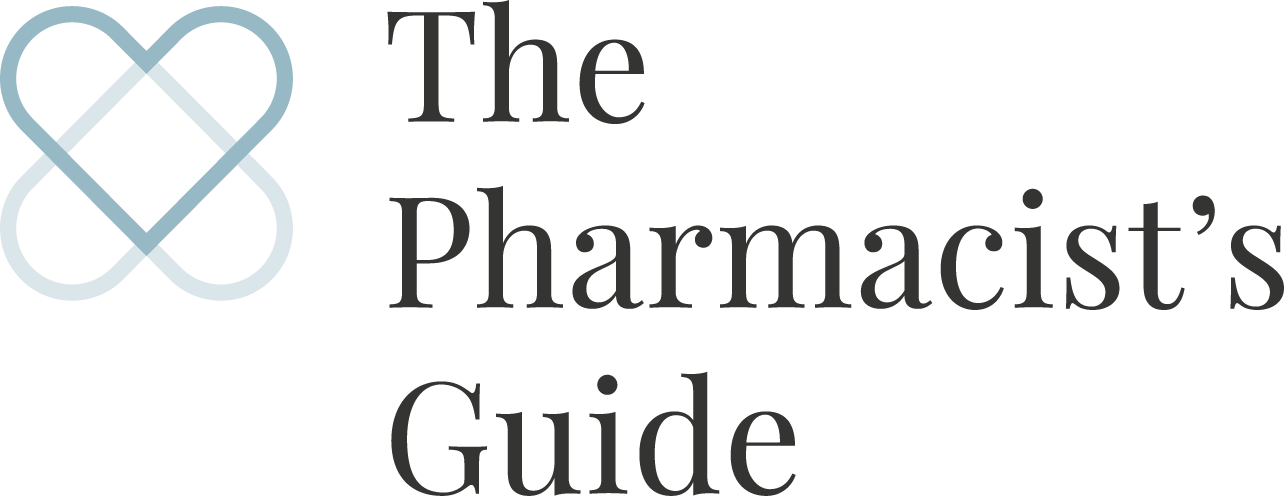FINANCE FRIDAY: HOW MUCH DO YOU MAKE?
One of the biggest questions people ask themselves before choosing a career is “how much money am I going to make?”. And what we are really wondering is “will this risk payoff”? Will the sacrifices I make by going back to school, not seeing my family, starting from the bottom, or learning a new environment lead me to a place in my career that pays off financially and personally?
We ask these questions for a variety of reasons. Will this job pay my bills? Or maybe to figure out if we should invest in our career - we may not get paid a lot initially, but the experience and growth we gain will payoff in the future. Is it worth taking out student loans and will I make this money back? Will I have job satisfaction? Will this job allow me to meet my financial goals? Will I be able to afford this house and these schools for my children? Will the time I put into school and training be worth it?
The real question we are asking is “will the uncomfortableness of change be worth it?”. And to really know the answer, you have to know what your financial goals are. The answer to that question is different for everyone. Maybe you want a certain standard of living, certain schools for your children, a specific car or zip code, to travel the world, or to have a healthy retirement account.
A great thing about the pharmacy profession is that you can have job satisfaction and also make a decent living. Sure, you have to go to school for awhile and you may not start out in the perfect location or setting, but you do have many opportunities for career growth. Ten years ago, you had a great job guaranteed; now, the market is changing and jobs take a little longer to get. Nonetheless, when you get one, you are likely to make enough financially to be comfortable.
My husband and I talk about this occasionally. He is a physician and very open about his salary when people ask. He thinks it needs to be talked about it so that people know what to ask and to get paid fairly. I grew up in a culture where your finances were a little more private. Talking about it often led to uncomfortable moments and could lead to people making perceptions, judgments, or having general expectations around that number. But, our world is changing and knowledge is power. People are more open to the discussion. Pharmacy is usually pretty gender neutral with salaries, but I’ve seen on several occasions a male colleague start off between $2-$5K more. The gender difference can be even bigger for leadership positions.
For pharmacists and many professions, averages are usually available. And we all usually have close friends that we can talk it over with so it’s not a big secret what we make.
In my pharmacy school, people were hesitant to go into hospital pharmacy because it paid less. At that time, the difference between the hospital starting salaries and the retail starting salaries could be up to $40K. That’s a big number and most people would choose the higher option. People were also hesitant to jump into a residency because of the salary cut you take the first two years.
Some of these misconceptions have changed. In the two hospital health systems that I’ve worked at, I’ve found that the salaries are much closer to that of retail. Hospitals usually have yearly performance evaluations which can result in raises. Hospital Human Resources have also done market evaluations in order to stay competitive and have made corrections to be comparable where needed. As to residencies - the benefit of extra training, specialization, and long-term growth and job satisfaction usually makes the temporary pay-cut worth it. And with pharmacy gearing towards specialization, having a residency will be a necessity in the future.
So what is the average salary for pharmacists? Generally pharmacists make between $100K-$120K depending on the setting. They can make much more in leadership positions, in industry positions, and certain regional areas. Hospitals may traditionally start a little less, but the benefits are usually good and you also get regular raises. If you stay at the same job for 20-30 years, you are usually making more than your retail (and some leadership!) counterparts because retail doesn’t tend to go up as quickly.
View more salary information here.
Let’s talk about it! As I’ve gained experience and gotten older, I’m much more open about asking for a raise or salary change (if I have the data and performance to show that I’ve earned it, of course!).
#howmuchdoyoumake #howmuchdoesapharmacistmake #pharmacyschool #pharmacist #healthblogger

